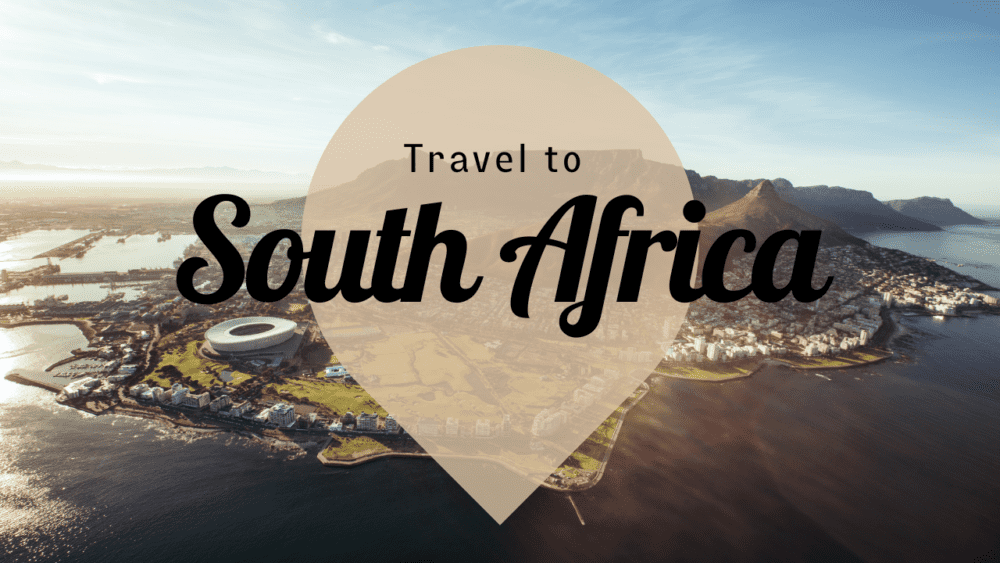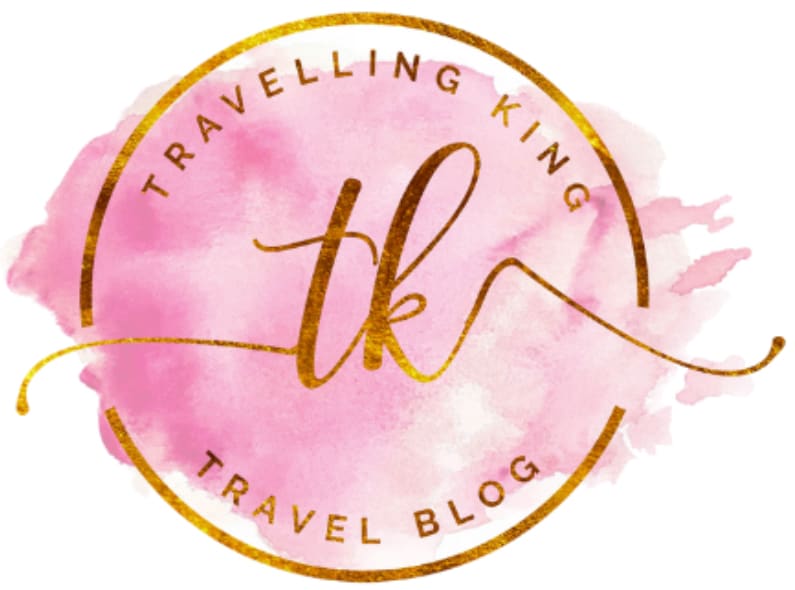Travel to South Africa

South Africa is one of the wealthiest countries in Africa, holding nearly half of all the gold in the world.
It’s a wonderful contrast, with safaris and national parks alongside the modern cities of Johannesburg and Cape Town. In addition to wildlife and scenery, South Africa is also home to a large wine-growing region.
QUICK SOUTH AFRICA FACTS
Currency: South African rand can be withdrawn from ATMs throughout South Africa, however keep in mind that smaller cities or towns may not have access to ATMs and its recommended to withdraw cash and take it with you.
Power Points: Most power points are the same as most other European power points (2 circular prongs). I would recommend you take a Travel Adapter especially for non Europeans.
Official Language: There are 11 languages spoken in South Africa the main is English and Afrikaans.
Health: There are a number of major health concerns in South Africa for travellers. I would recommend that you contact your doctor a few weeks before you travel as in some cases you need to start any medication a few days before your trip or you may need to get a vaccination.
Drinking Tap Water: The tap water is generally safe to drink, however, if you are unsure, make sure to ask your hotel receptionist or host.
Visa: Most countries don’t require a visa for short stays, to visit South Africa.
Popular foods:
– Malva pudding (malva pudding is a sweet and sticky baked sponge pudding made with apricot jam and served smothered in a hot cream sauce).
– Braai (Braai are essentially barbecues of meat and veggies).
– Bunny chow (Hollowed out loaves of bread, stuffed with spicy curry).
– Melktert (a pastry case filled with milk, eggs and sugar, thickened with flour).
When to go: The best months to travel to South Africa are from May to September because the northern areas’ milder winter months offer ideal viewing opportunities for large game. From November to February, it may rain.

